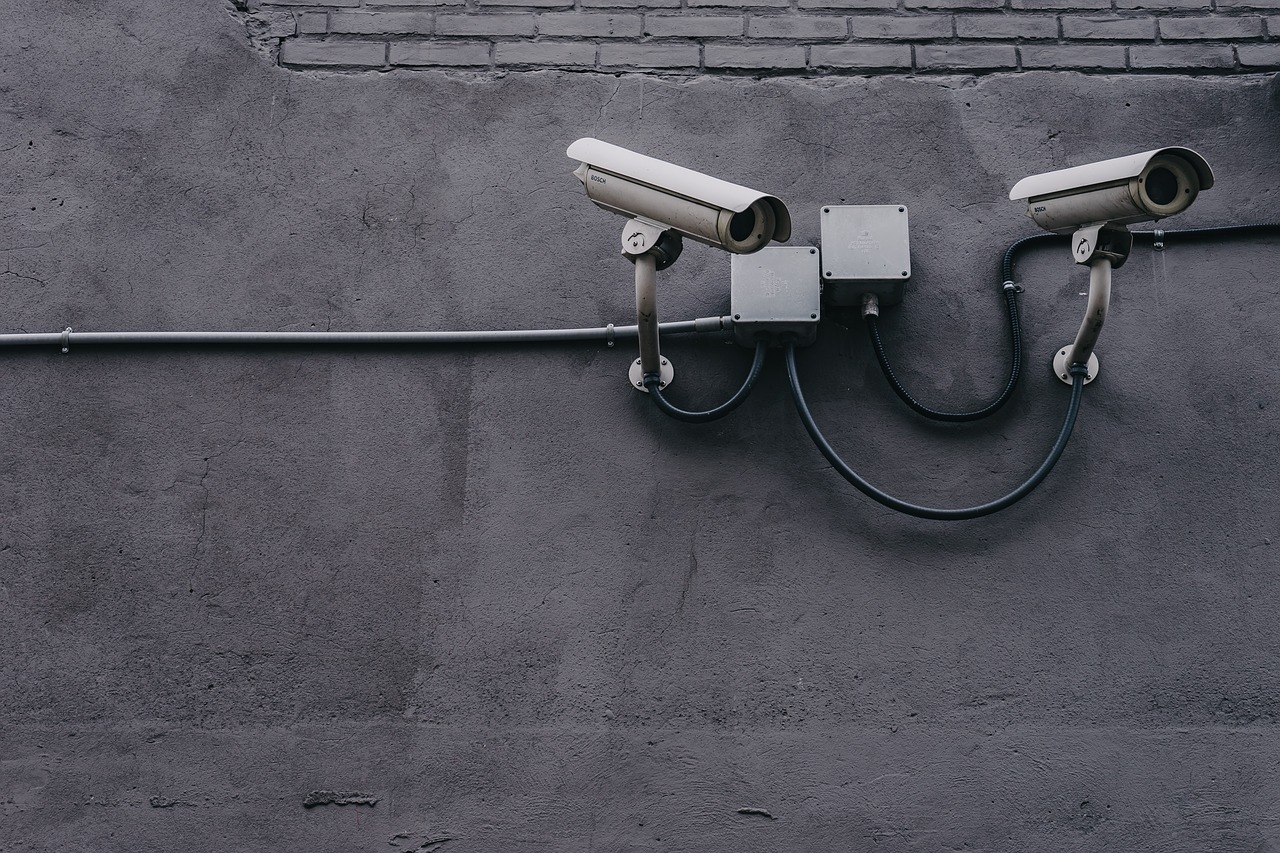
Microblogging and social networking company Twitter has demanded an artificial intelligence (AI) company to stop collecting images from its website.
Twitter demanded Clearview, the AI company in question, to stop taking images from its platform and delete any collected data as it violated its policies. Prior to this, Clearview has already gathered over three billion photos from various sites including Facebook and Twitter.
The AI company is currently servicing the US Federal Bureau of Investigation (FBI) and the Department of Homeland Security (DHS), as well as 600 other law-enforcement agencies globally. The firm helps identify suspects using its technology.
A New York Times report indicates that the Clearview app includes programming that could pair the images with augmented-reality glasses that would allow users to identify the names and addresses of anyone they saw.
Twitter sent a cease-and-desist letter to Clearview on Tuesday. Twitter's developer agreement policy states: "Information derived from Twitter content may not be used by, or knowingly displayed, distributed, or otherwise made available to any public-sector entity for surveillance purposes."
In a Twitter post, Senator Ron Wyden called Clearview's activities "extremely troubling". Wyden said: "Americans have a right to know whether their personal photos are secretly being sucked into a private facial-recognition database."
"Every day, we witness a growing need for strong federal laws to protect privacy," he added.
Senator Edward J. Markey shared Wyden's sentiment and wrote to the AI company suggesting its technology could "facilitate dangerous behaviours and effectively destroy individuals' ability to go about their lives anonymously".
This follows a European Commission proposal to consider a five-year ban on the use of facial recognition in public areas. Regulators are looking at ways to prevent the technology from being abused.
Recently, concerns over the use of facial-recognition technology have started to increase. Even in China, where the technology is embraced by the government, a survey showed that 74% of Chinese respondents said they wanted the option to be able to use traditional ID methods over the tech to verify their identity.






